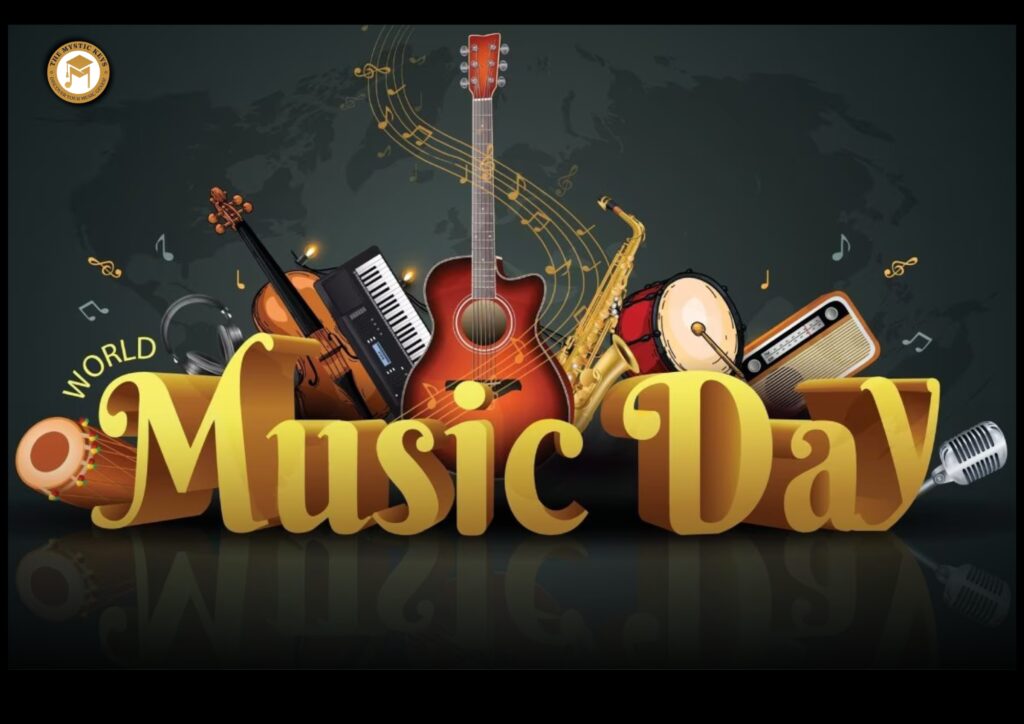World Music Day | A Celebration of Music and Unity
Music speaks a universal language that effortlessly crosses borders, bridges diverse cultures, and connects generations. Because of its unique power to unite people, express deep emotions, and celebrate life itself, music holds a special place in every human heart. Recognizing this profound influence, communities around the world came together to create a dedicated day to honor and celebrate music—World Music Day, also known as Fête de la Musique.
But how exactly did this vibrant celebration come to life? What sparked its creation, and how has it grown into a global phenomenon? To fully appreciate its significance today, we first need to explore the rich origins, the inspiring evolution, and the ongoing impact of this worldwide musical festivity. So, let’s embark on this journey to uncover the story behind World Music Day.

Origins of World Music Day | The Birth of Fête de la Musique
World Music Day started in France in the early 1980s. Jack Lang, France’s Minister of Culture, joined forces with composer and musicologist Maurice Fleuret to bring the idea to life. In 1981, Lang set out to promote music widely and encouraged amateur musicians to perform in public spaces. He wanted to make music accessible and turn it into a joyful, shared experience for everyone.
Building on this vision, France hosted the first Fête de la Musique on June 21, 1982. Organizers chose this date to align with the summer solstice, the longest day of the year in the Northern Hemisphere. They used the extra daylight to invite people to enjoy music from sunrise to sunset, celebrating the vibrancy of life through sound.
The event followed a simple yet powerful concept. On June 21, musicians—both amateur and professional—played music outdoors for free. The slogan, “Faites de la musique,” encouraged everyone to either make or celebrate music. People of all ages picked up instruments, formed small groups, or simply listened and danced in the streets. As excitement spread, cities across France embraced the event. Soon after, countries around the world adopted the idea, turning World Music Day into a truly global celebration of sound and community.
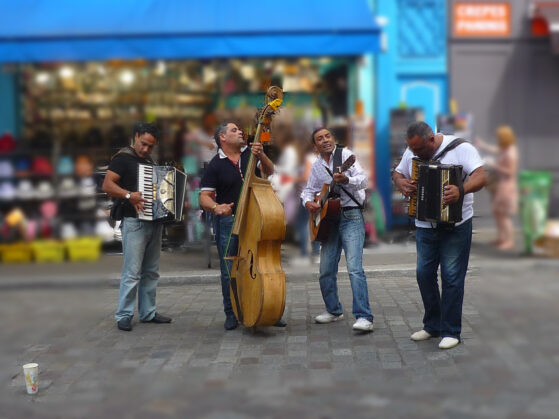
Why June 21? The Significance of the Summer Solstice
Choosing June 21 was no random choice; rather, it was intentional and deeply symbolic. For centuries, cultures worldwide have marked the summer solstice as a time of light, growth, and celebration. Traditionally, this day has been closely tied to joy, renewal, and community gathering.
By linking World Music Day to the solstice, the founders deliberately connected music with nature’s own grand festival. Because of the longer daylight hours, people had more time for outdoor music and public events. This naturally made it easier for musicians to perform and for audiences to participate. Consequently, this helped shape the open and festive spirit the day is known for.
Moreover, the timing gave the event a seasonal rhythm, creating something special people could eagerly anticipate each year. It invited everyone—regardless of age or background—to step outside and embrace the shared joy of music. As a result, parks, plazas, and streets transformed into lively stages filled with sound. Additionally, the warmth of summer enhanced the lively and welcoming atmosphere, drawing even more people to join the celebration.
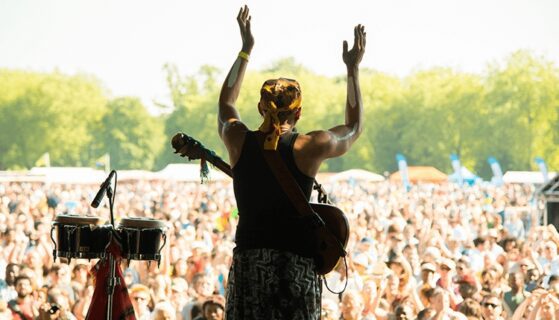
The Spread of World Music Day | From Paris to the World
Following the success of the inaugural Fête de la Musique in Paris, the idea soon began to spread beyond France’s borders. Its inclusive and free-spirited nature resonated with people from all walks of life, making it easy for other nations to embrace. As enthusiasm grew, countries around the world started adopting the celebration throughout the late 1980s and into the 1990s, adapting it to reflect their own musical cultures and traditions.
Recognizing its growing impact, UNESCO officially declared June 21 as World Music Day in 1995, further cementing its place as a global event. Since then, the celebration has continued to expand its reach. Today, World Music Day is marked in over 120 countries—from bustling metropolitan cities to quiet rural towns. It now serves as a worldwide stage for showcasing every kind of music, including classical, jazz, rock, hip-hop, folk, electronic, and countless regional styles.

How is World Music Day Celebrated?
The hallmark of World Music Day is free, public performances by musicians of all levels. The celebrations usually include:
Street Performances: Musicians take to streets, plazas, and parks to perform for passersby.
Concerts and Festivals: Cities organize concerts featuring both local and international artists.
Community Participation: Amateur musicians, music students, and hobbyists get a chance to perform alongside professionals.
Workshops and Music Education: Some celebrations include workshops, instrument demonstrations, and music classes.
Diverse Musical Styles: The event highlights music from every culture and tradition, promoting cross-cultural understanding.
The ethos is that music belongs to everyone and should be accessible to all. There is no ticket or fee, and the spirit of the day encourages spontaneous performances and collaborations.
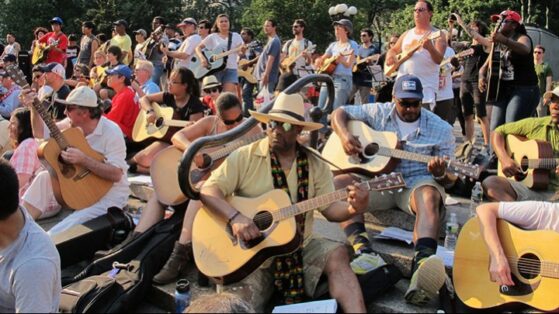
The Cultural Impact of World Music Day
World Music Day has had a profound cultural impact over the past four decades. It has helped break down social and economic barriers to music participation by emphasizing openness and inclusivity. Here are some ways the festival has influenced society:
1. Democratizing Music
By encouraging amateur musicians to perform publicly, World Music Day challenges the notion that music is only for trained professionals or exclusive venues. It empowers everyday people to share their talents and passion.
2. Promoting Cultural Diversity
Since the event is celebrated worldwide, it becomes a vibrant showcase of diverse musical traditions. This fosters cross-cultural exchange and greater appreciation for global heritage.
3. Stimulating Local Music Scenes
Many cities and towns have developed strong local music scenes around the event, nurturing new talent and giving emerging artists a platform.
4. Encouraging Social Cohesion
Music gatherings bring people from different backgrounds together, building community spirit and social bonds.
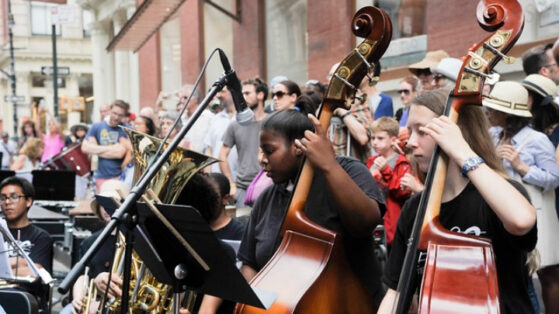
Modern Adaptations and Digital Celebrations
In recent years, as technology continued to grow, World Music Day began to evolve. More than ever, people started spending time online. Because of this shift, music found a new space to thrive. Soon, the internet and social media became powerful tools for connection.
Gradually, live streams, virtual concerts, and social campaigns became part of the celebration. Through these digital platforms, musicians could reach anyone, anywhere. No matter the location, people could enjoy performances from their homes.
However, things changed dramatically with the arrival of COVID-19. Suddenly, public events were canceled. Crowds disappeared, and physical gatherings stopped. In light of this, organizers had to act quickly.
So, they moved online. With creativity and effort, they set up virtual stages. In turn, audiences adapted. Though separated, they stayed united through sound.
In the end, the message was clear—music always finds a way. Despite the silence in public squares, the melody continued. Thanks to innovation, the heart of World Music Day beat on stronger than ever.
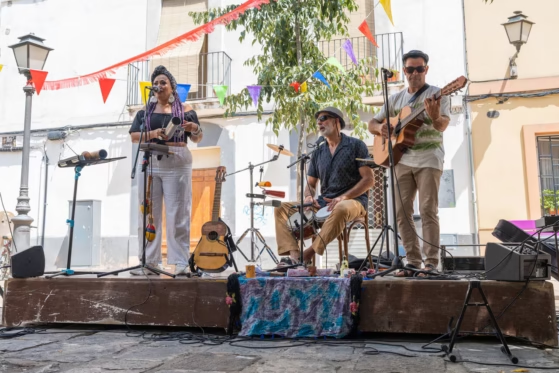
Interesting Facts About World Music Day
The festival is celebrated under various names: Fête de la Musique in French-speaking countries, La Fiesta de la Música in Spanish-speaking countries, and simply World Music Day elsewhere.
It is celebrated on June 21, even in countries where it’s not the longest day of the year, as a unifying date.
Some cities turn their entire urban space into a musical playground, closing streets to traffic and opening them for music lovers.
The festival has inspired similar cultural events worldwide, promoting the arts beyond music.

Conclusion | Why World Music Day Matters
World Music Day is more than just a celebration of music; it is a testament to the power of art to unite, inspire, and heal. In a world often divided by differences, music provides a universal connection that transcends language, race, and geography.
By encouraging everyone to make music and share it openly, World Music Day reminds us of the joy that music brings to our lives and the communities we build around it. Whether you’re a seasoned musician or simply love to listen, June 21 is a day to embrace music in all its vibrant forms.
So next time World Music Day comes around, step outside, listen to the rhythms around you, or even pick up an instrument. And if you’re ready to deepen your musical journey, join The Mystic Keys—an online platform where musicians of all levels come together to learn, grow, and share the gift of music. Become part of the global chorus and celebrate the sound of unity, creativity, and joy.


